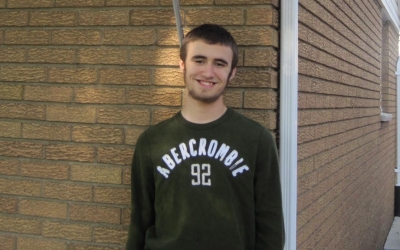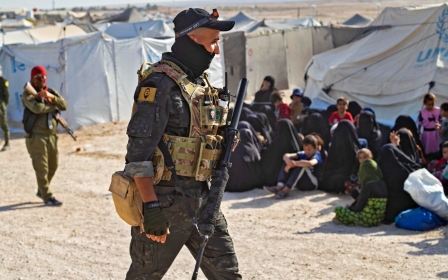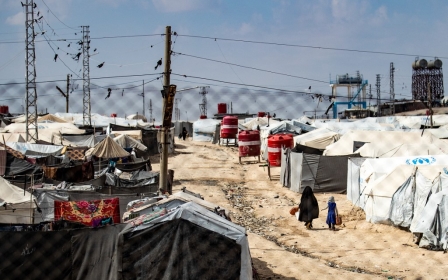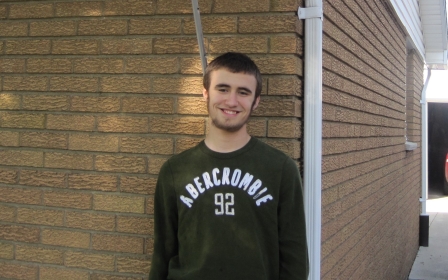Canada fights judgement ordering return of men detained in northeast Syria
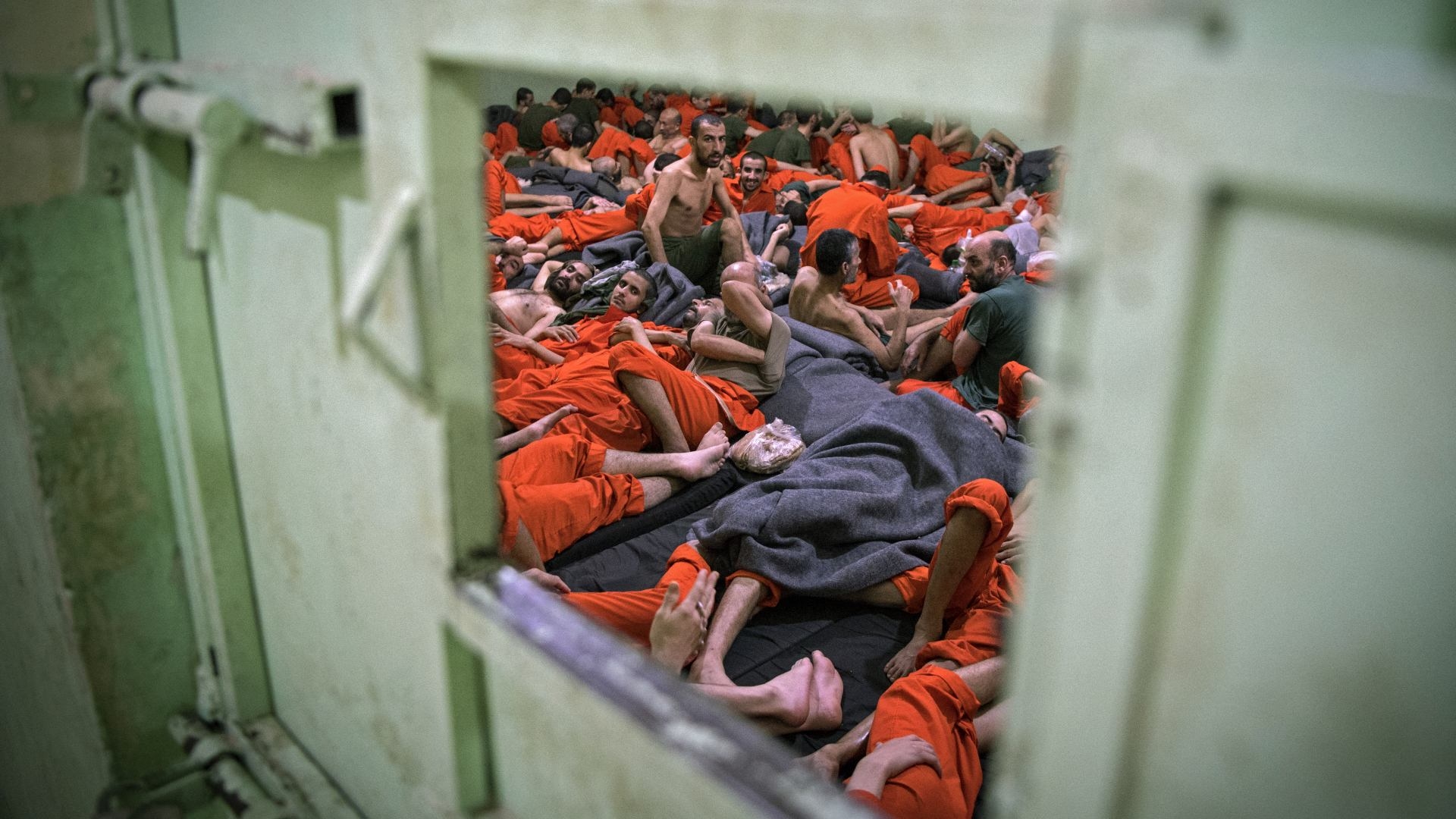
The Canadian government has appealed against a court judgement ordering it to repatriate four men detained among suspected Islamic State (IS) militants in prisons in northeastern Syria.
In a notice of appeal filed on Friday, lawyers for the government argued that the Federal Court had “erred in law” on a number of grounds in reaching the judgement last month.
It called for the judgement to be stayed while the appeal is considered, and said it would serve and file further material relating to the case this week “in order to proceed… expeditiously”.
The appeal does not affect the cases of six women and 13 infants whom the government agreed to repatriate from Kurdish-controlled detention camps after their relatives took legal action, claiming that the detainees’ rights as Canadian nationals were being violated.
In a subsequent judgement on 20 January, the Federal Court said the conditions in which the four men were being held were “even more dire than those of the women and children who Canada has just agreed to repatriate".
It said there was no evidence that any of the four men had been “tried or convicted, let alone tried in a manner recognised or sanctioned by international law”.
It ordered the government to request the men’s release by local Kurdish authorities, to issue them with passports or emergency travel documents, and to send a government representative to northeastern Syria to attend their handover by Kurdish officials.
The four men include Jack Letts, a British-Canadian man who travelled to IS-controlled territory in Iraq and Syria from the UK in 2014 and was subsequently stripped of his British citizenship. The three other men have remained anonymous during the court case.
Last month, Letts’s mother, Sally Lane, told Middle East Eye the court judgement was “a victory for human rights”.
But in its appeal, the government said the judgement had misinterpreted the right of Canadian nationals to return to Canada in the cases of the men.
By ordering the government to return the men, it argued, the court had “effectively created a right to be returned”.
It said that by ordering the government to liaise with Kurdish authorities and to appoint someone to travel to Syria for the handover of the men, the court had interfered “in the exercise of Crown prerogative over matters of foreign affairs and international relations”.
It said the Canadian government was not complicit in the men’s detention and the situation in Kurdish-controlled Syria was “dangerous to all concerned (including the detained Respondents and employees of the Government of Canada), violent, variable and far from assured or constant”.
It said it had considered the men's requests for repatriation through a decision-making policy framework for detainees in northeastern Syria which it had adopted in January 2021, but had determined that none of them were elibible for "extraordinary assistance".
'Cruel delay tactic'
In a statement sent to MEE, Sally Lane described the appeal as “a cruel delay tactic based on clearly frivolous arguments that were soundly dismissed in the original court decision”.
Lane said: “For the Canadian government to argue that it is too difficult to repatriate my son when Canada is in the exact same region repatriating the women and children defies logic as well as every human rights commitment this country has ever made.”
Lane said that those who had called for western countries including Canada to repatriate their nationals from Syria included the local Kurdish authorities, the International Red Cross and the US State Department.
'Canada is prolonging my son's torture and that of the other male detainees, and once again showing itself to act just like the rogue states it condemns'
- Sally Lane, mother of detainee Jack Letts
“Canada is just prolonging my son's torture and that of the other male detainees, and once again showing itself to act just like the rogue states it condemns when they violate international law,” she said.
The appeal was also criticised by Letta Tayler, associate director and counterterrorism lead at Human Rights Watch, which has also called for the repatriation of detainees from Syria.
“Yet again contradicting its role as a champion of universal human rights, Canada appeals a federal court order to repatriate 4 Canadian men unlawfully and indefinitely detained in inhuman conditions in NE Syria. Some of its arguments are ludicrous,” Tayler wrote on Twitter.
Lawrence Greenspon, a lawyer for three of the men, told the Canadian Press: “I look forward to defending a courageous, compelling and comprehensive judgment."
Approximately 10,000 men and hundreds of adolescent boys are held in 14 overcrowded prisons in Syria's northeastern Hasakah region.
Women and children live in two camps, al-Roj and al-Hol, that are home to around 60,000 people, including about 20,000 from Syria, 31,000 from Iraq, and up to 12,000, including 4,000 women and 8,000 children, from other countries.
Many of them have been in captivity since Kurdish-led forces backed by an international coalition defeated IS and took control of Syrian territory previously held by the militant group in 2019.
The Canadian government repatriated two women and two children from northeast Syria in October last year. Previously, a Canadian four-year-old child was repatriated, though the Canadian government said it had only provided travel documents in that case.
Middle East Eye delivers independent and unrivalled coverage and analysis of the Middle East, North Africa and beyond. To learn more about republishing this content and the associated fees, please fill out this form. More about MEE can be found here.


